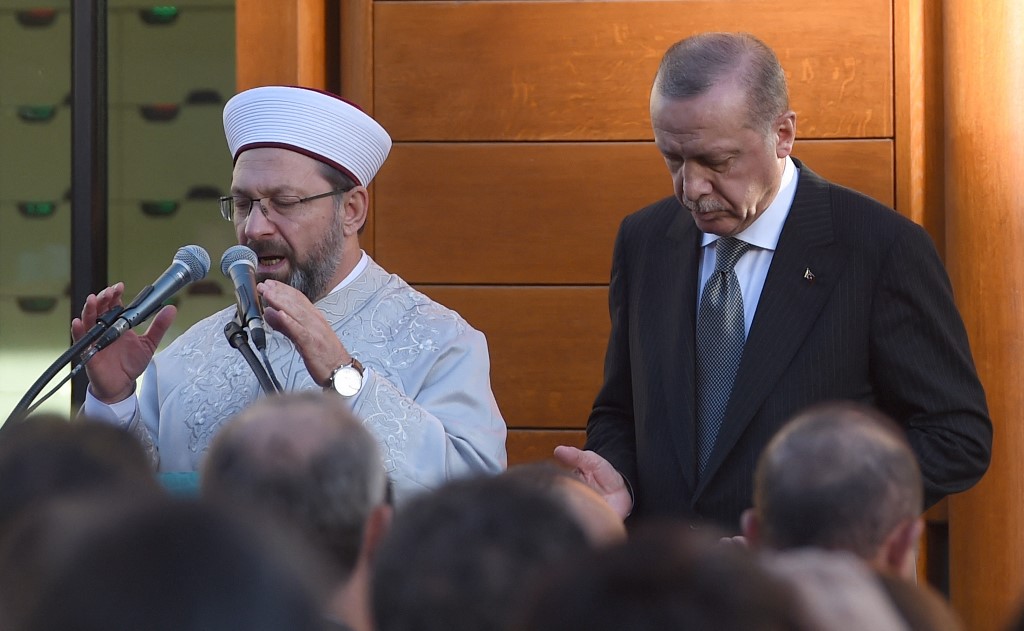Eight out of every 10 employees at Turkey’s Religious Affairs Directorate (Diyanet) said they believe that there is widespread favoritism within the institution, according to a survey conducted by a pro-government union, the Birgün daily reported on Thursday.
The results of “Research on the Issues, Expectations, and Perceptions of Diyanet Employees Regarding Religion and Diyanet,” conducted by Diyanet-Sen with the participation of 6,406 staff members, were shared with Diyanet President Ali Erbaş on January 17. “The survey laid bare the rot within the directorate,”Birgün said.
The results revealed that 80 percent of Diyanet employees claim there is favoritism within the directorate, while only 7 percent state the opposite and 13 percent indicate they are undecided on the matter.
Thirty percent of the staff disagreed with the statement “The Diyanet is the most esteemed institution regarding Islam,” while 68 percent agreed that “The Diyanet is the most influential and respected institution concerning Islam in Turkey.”
The directorate has been under the spotlight because of the recent suicides of its imams. The suicides of five clerics within five months have fueled concerns over alleged political discrimination within Turkey’s religious institutions against imams unsupportive of the ruling Justice and Development Party (AKP).
Of the Diyanet employees who participated in the survey, 35 percent expressed the opinion, “If I had a choice, I would prefer to transfer to another civil service position,” while 45 percent claimed they couldn’t use their annual leave and 44.9 percent highlighted that their economic situation had regressed compared to 10 years ago.
Eighty-five percent of participants stated that religious sensitivities in Turkey have decreased compared to five years ago, while 37.4 percent claim the the functioning of the Diyanet has deteriorated within the same period.
The Diyanet, the budget of which outstripped seven out of 17 Turkish ministries in 2023, is frequently criticized for being politicized under the AKP government, to the extent that President Recep Tayyip Erdoğan compared the staff and imams of the directorate to “members of the army” in 2018.
The Turkish government has been accused of using the directorate as an instrument to silence dissent and cover up wrongdoing by incorporating political issues into religious sermons.

